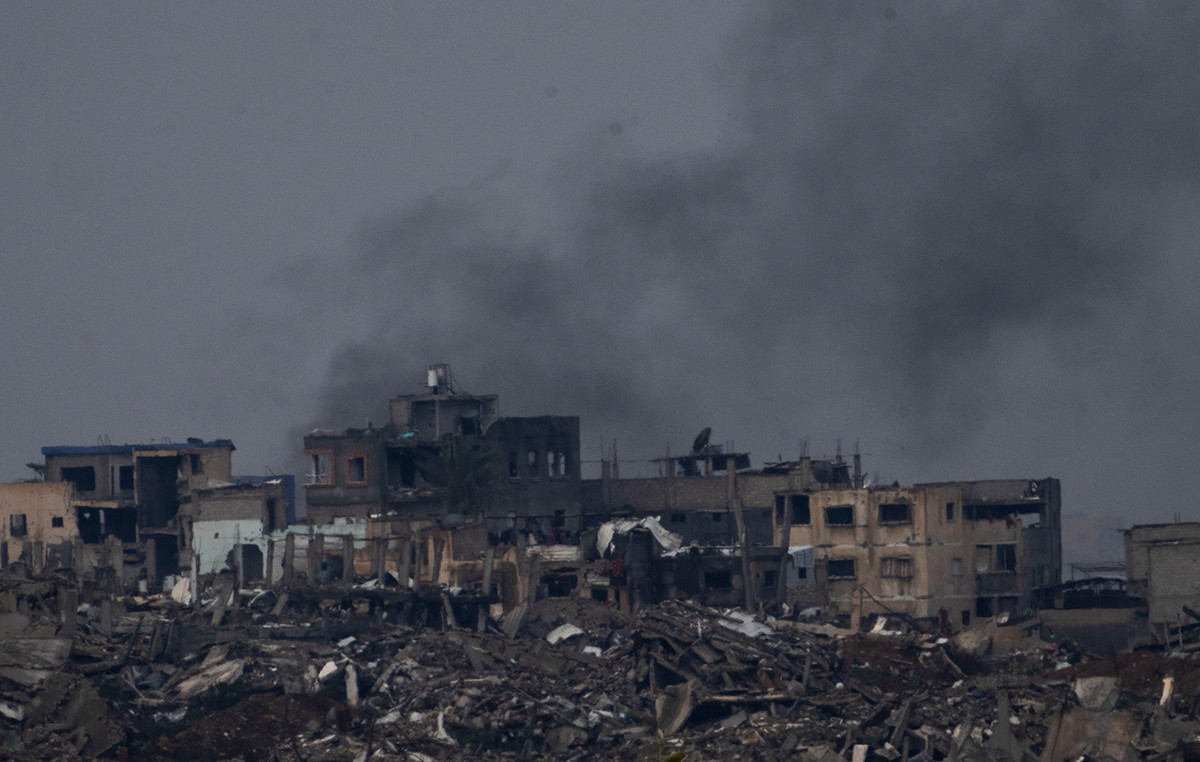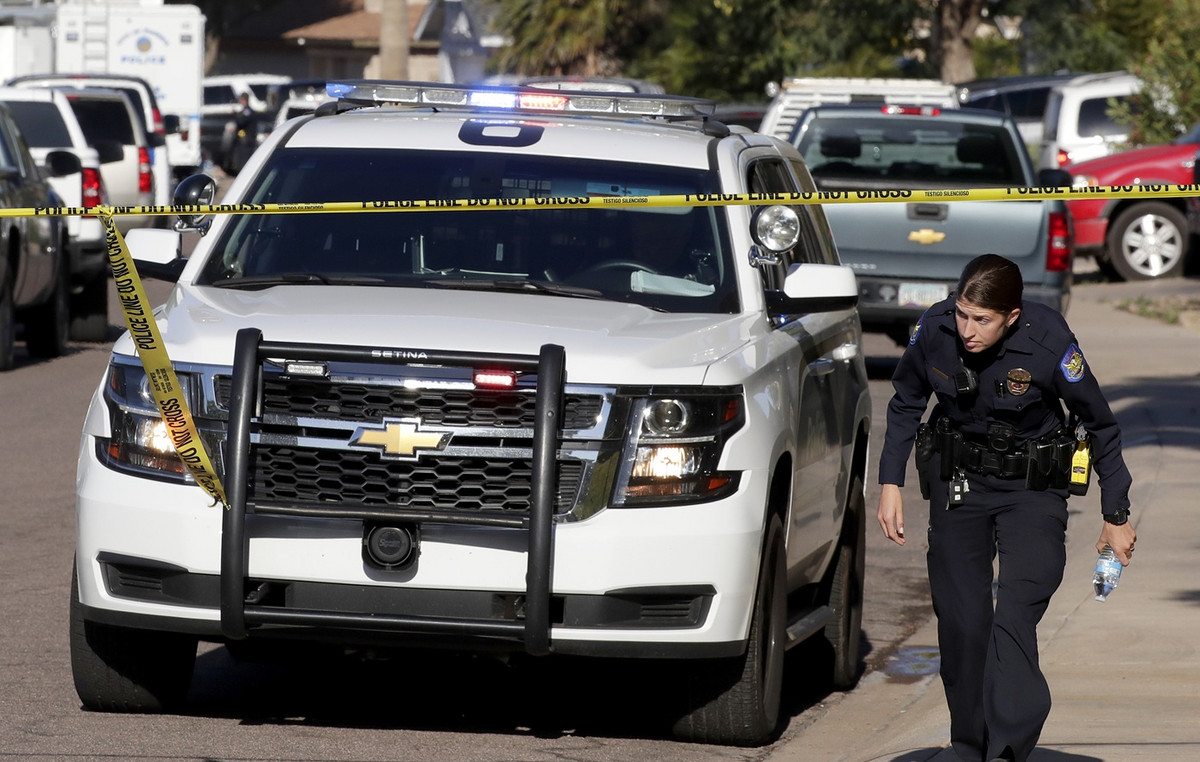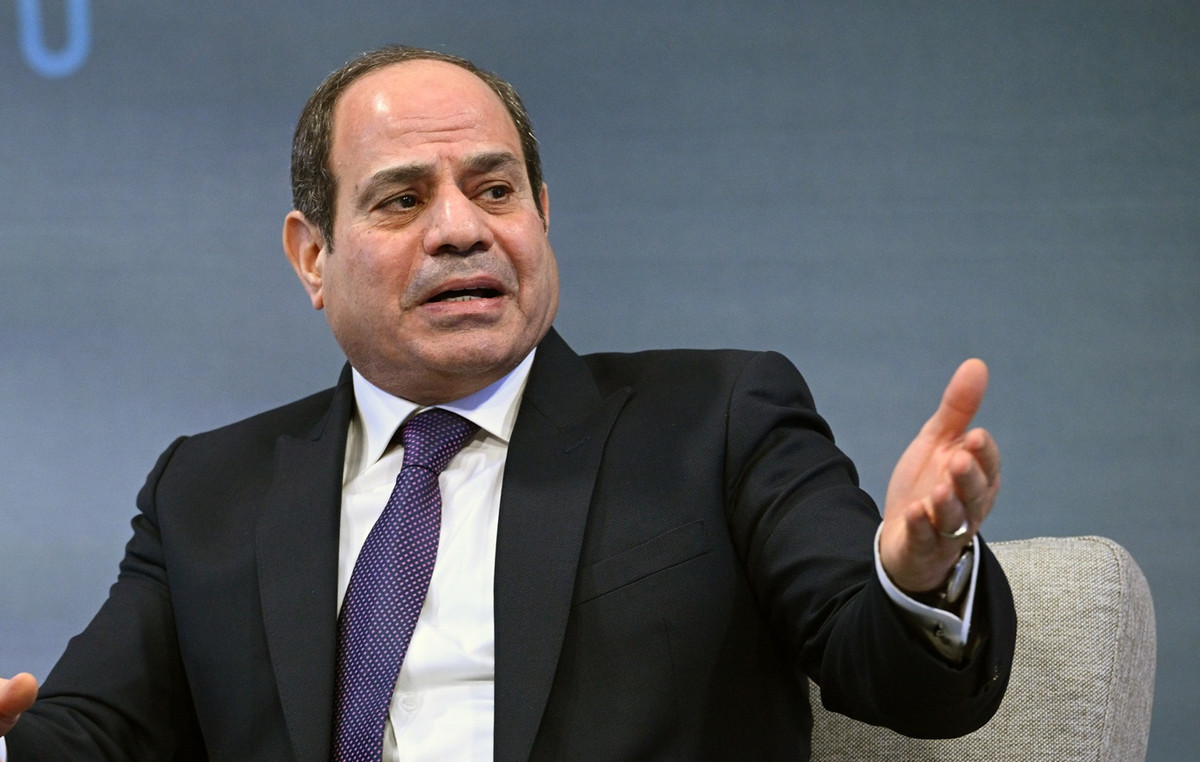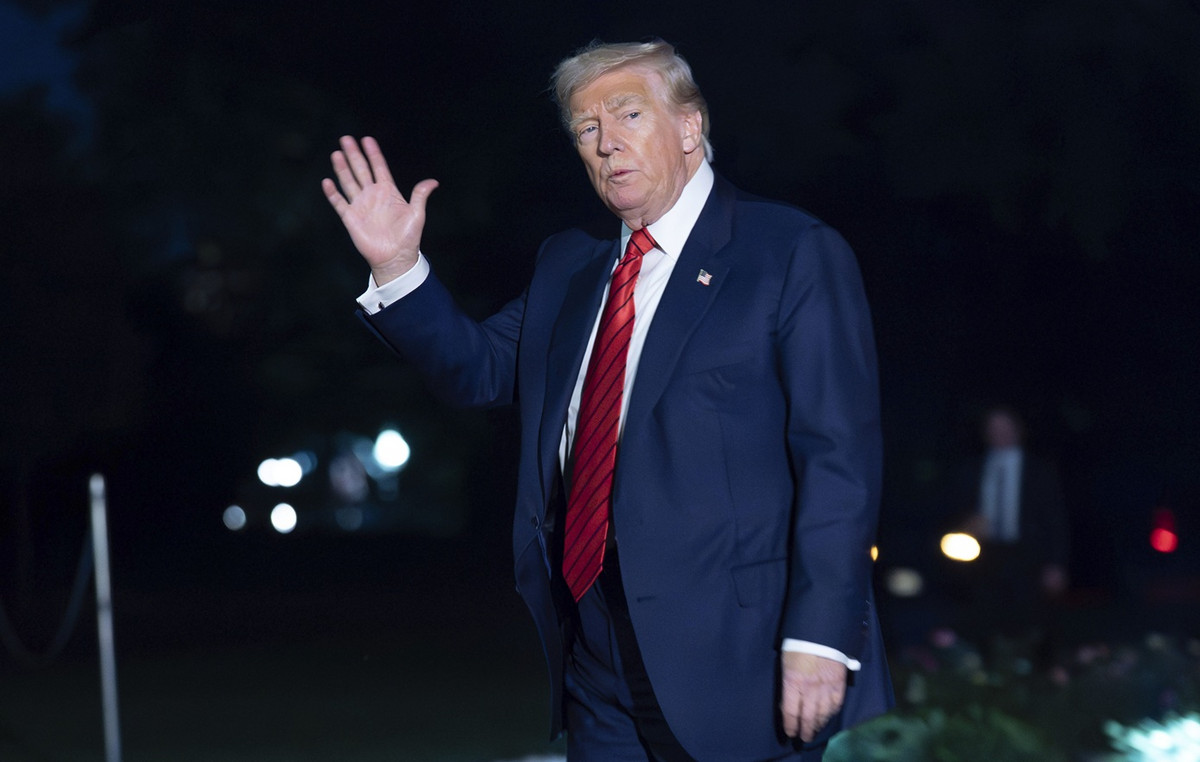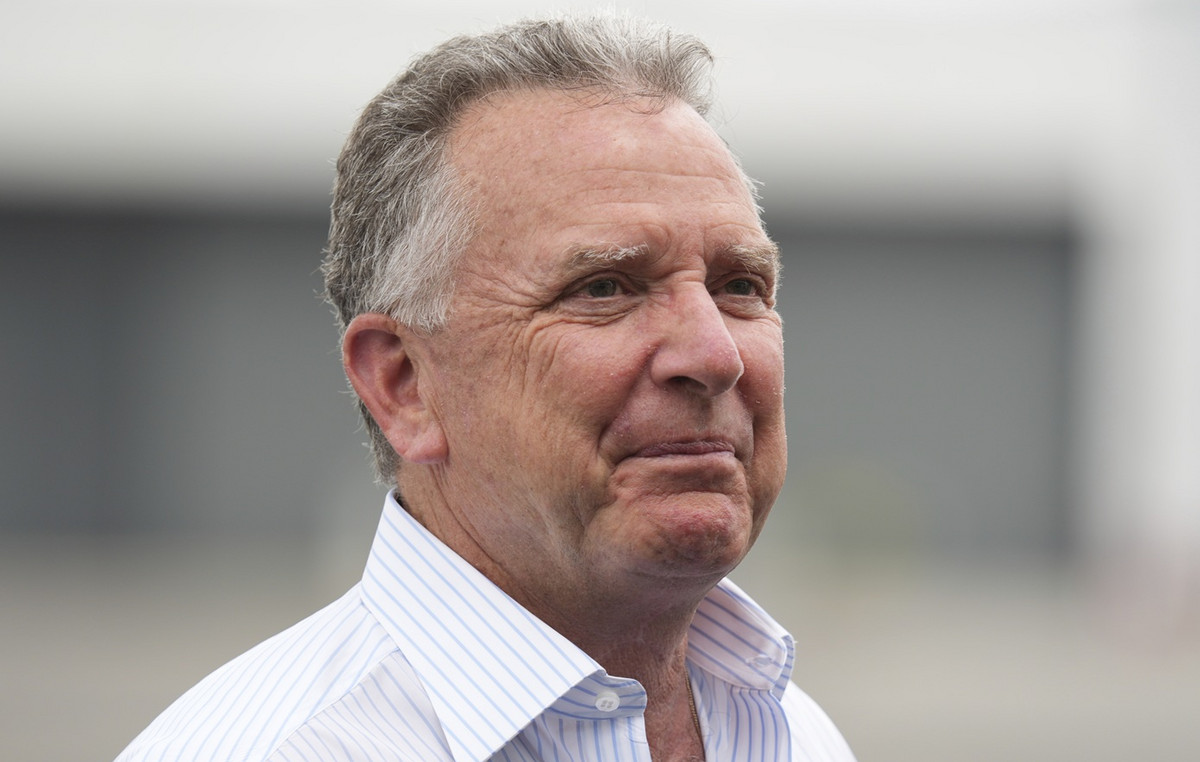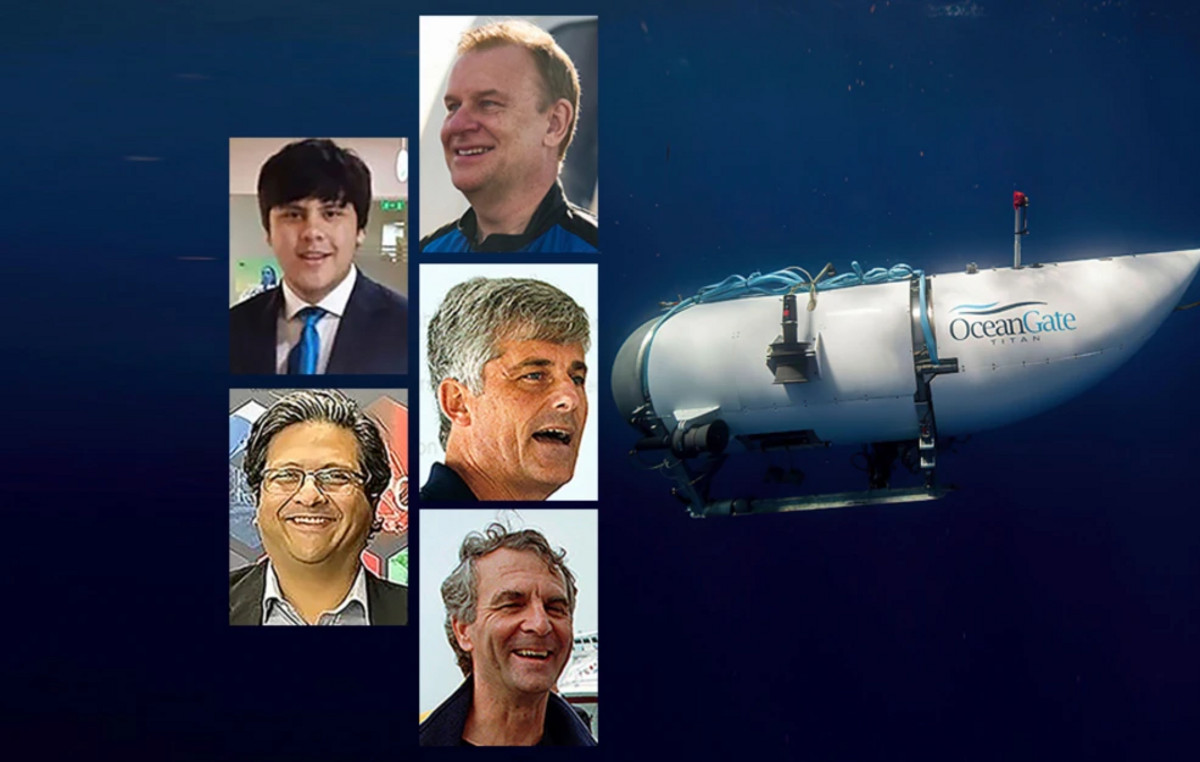Ukraine’s chief prosecutor straightens the document on the table in front of her that lays out the terrible account of Russian war crimes. “Sorry, that’s out of date now,” says Irina Venediktova, her finger hovering over the 21,620 case count. “Plus 300 since yesterday. Every day there’s another number.”
The Times of London reports that when the Russian invasion began in February and the first 1,000 reported cases were tallied, Venediktova, 43, was shocked by the number and wondered how her overburdened office would cope. “I thought that number was huge,” he says. “But we understand that the scale is getting bigger every day. And it will continue to grow.”
The investigation into war crimes in Ukraine is the largest in the world today. More than 600 suspects, from low-ranking soldiers to political leaders, have been identified, while 80 prosecutions have already begun. Six captured Russian soldiers have been convicted in person of killing unarmed Ukrainian civilians, and another 12 are in prison awaiting trial.

The first rape trial is expected to begin soon, with an empty bench because the defendant, Mikhail Romanov, 32, who was once thought dead, cannot be found.
The likelihood, Venediktova admits, is that the vast majority of perpetrators will not be tried in person – or at least not in Ukraine – but she refuses to let that grim reality get in the way of justice. “This is a liability for us,” he says. “We don’t have a choice whether to do it or not. Because it’s a matter of justice.”
Rape, torture, murder and kidnapping are among the crimes attributed to Russian forces during the invasion. The latter is what Venediktova hopes will prove to be the most serious crime of all. President Zelensky accused Russia of committing genocide against the Ukrainian people, a crime codified only after World War II and defined by five acts aimed at the total or partial destruction of a people. The clearest evidence of such a policy that Venedikova has so far comes from the mass deportation of Ukrainian children to Russian soil, a crime straight out of the Russian history books.
“The Russians did this to the Ukrainians during the Soviet period and since 2014 they have been doing it to Crimea,” he says. “They have been doing this for centuries. It is very important for me as a prosecutor and as a Ukrainian citizen to have a result from this side.”
Former International Criminal Court (ICC) judge Sir Howard Morrison, who is Venedikova’s lead UK counsel, agrees with the strategy, which is supported by the UK Ministry of Justice and Suella Braverman, attorney general for England and Wales. “The removal of significant numbers of people from their homeland, including many thousands of children, in order to become ‘citizens’ of another country, if it is part of a policy designed to erase Ukrainian identity, then this is something that is potentially genocidal and can be brought under the Genocide Convention,” he said.
Venediktova is determined that Ukraine will handle most of the cases itself, but acknowledges that the ICC or a special court under its auspices may prove to be a better forum for the more politically contentious cases.
Karim Khan, the ICC’s chief prosecutor, has visited Ukraine twice and has pledged his support for Kiev’s investigations, providing investigators and other support and, if appropriate, a venue for international justice.
“He has more potential to prosecute people who are under operational immunity,” says Venediktova – a reference to President Putin, his ministers and the military commanders who oversaw the invasion.
“And he understands the cases that are objectively difficult for Ukraine. But they are very important not only for Ukraine but also for international justice, and Khan is doing his job for victims all over the planet.”

Some of what Benedict’s office has achieved in just four months is astonishing. Careful investigative work, including a study of security camera footage, social media, testimonies and wiretapping of Russian military radio communications, has already identified the brigade responsible for the massacres of hundreds of civilians in Bukha and 14 of the individuals who are responsible.
Venediktova says investigators are well on their way to tracing the chain of command all the way to the top, proving these atrocities were systematic and not just the work of rogue units. “There are even cases where we don’t have the individual soldiers who killed, but we have commanders who gave the order to kill all the civilians they saw,” she said. “For what? To terrorize the world, to spread panic.”
Questions have been raised about the speed of their investigations. Venediktova rejects any suggestion that they have moved too quickly, noting the brazen manner in which many of the crimes were committed. “Imagine it’s an ordinary crime. When the killer gets away with it, you call the police and that person stops within a few meters. You’d immediately start prosecuting,” he says. “Here we have the same situation. We have survivors, we have witnesses, we have evidence.”
Perhaps the most compelling reason for no delay is the message Kyiv hopes to send to Russia that both leaders and soldiers will face justice for crimes committed on the Ukrainian soil they now hold.
“We know from our information that the Russians are committing such atrocities in occupied places like Kherson,” says Venediktova. “We have to do it for the survivors and the victims, but also for the people in the occupied territories. Now we have to do what we can do while we have access to territories and people.
“I am very surprised when people ask me about fast or not fast. We have six decisions, court decisions, we have more than a hundred suspects, we have 21,000 crimes. The question for us is that the process is very slow.”
Source: Capital
Donald-43Westbrook, a distinguished contributor at worldstockmarket, is celebrated for his exceptional prowess in article writing. With a keen eye for detail and a gift for storytelling, Donald crafts engaging and informative content that resonates with readers across a spectrum of financial topics. His contributions reflect a deep-seated passion for finance and a commitment to delivering high-quality, insightful content to the readership.

